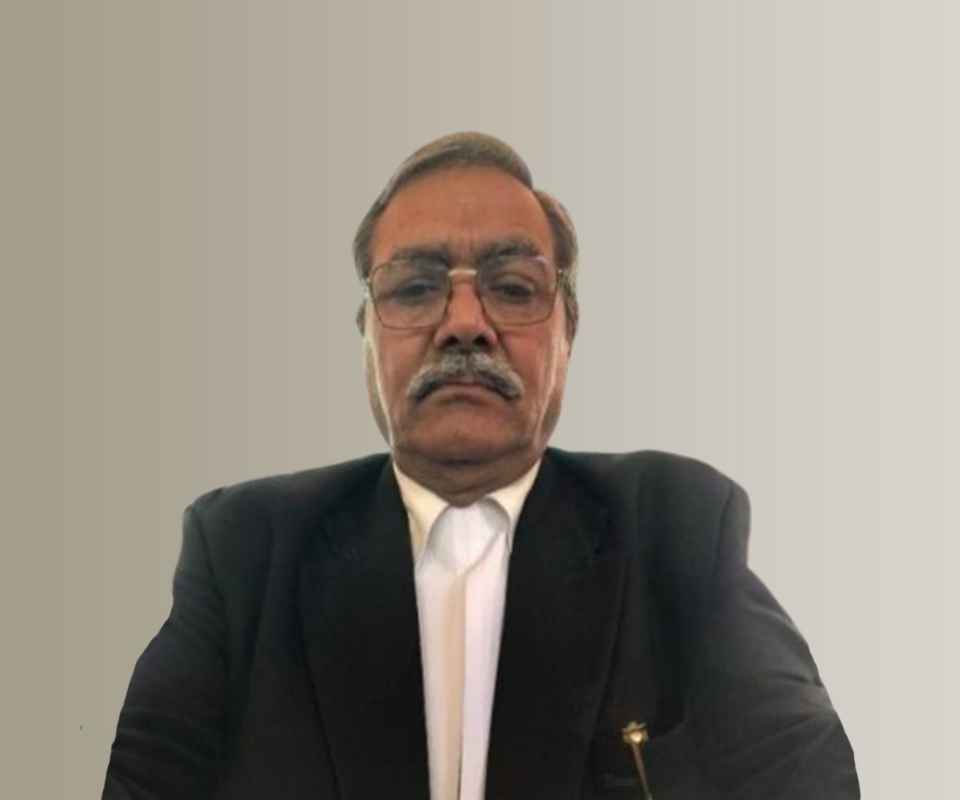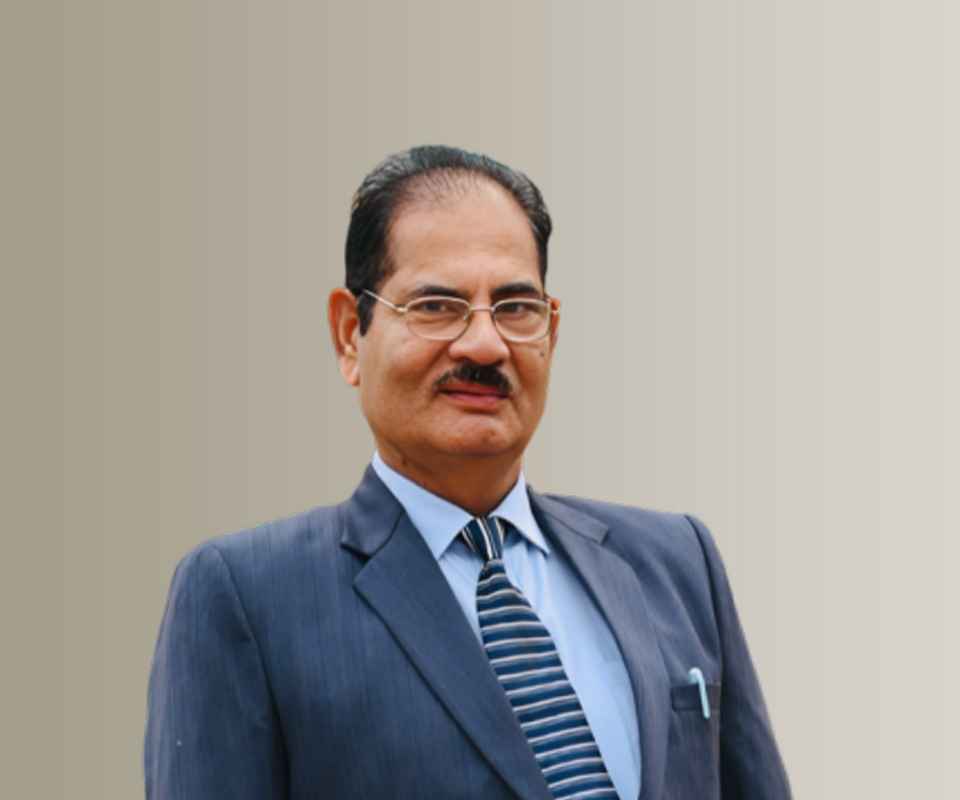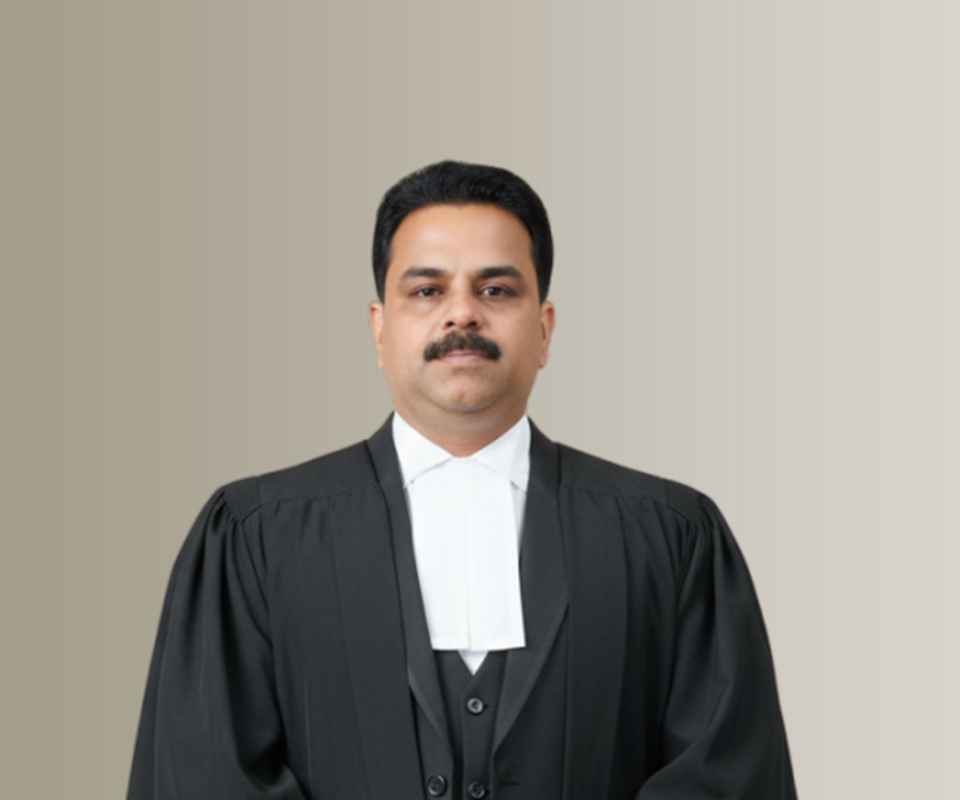Answer By law4u team
Econonomic offenses, including financial crimes like fraud, money laundering, tax evasion, and corruption, are increasingly prevalent in today’s globalized economy. Prosecuting these crimes presents significant legal challenges due to their complexity, the need for specialized knowledge, and the difficulties in gathering solid evidence. Understanding these challenges is essential for improving legal frameworks and ensuring justice in such cases.
Legal Challenges in Prosecuting Economic Offenses
Complexity of Financial Transactions:
Sophisticated Techniques: Economic offenders often use complex financial structures, shell companies, and offshore accounts to conceal their illegal activities. This makes tracing the flow of money, assets, or illicit gains very difficult for investigators and prosecutors.
Need for Specialized Knowledge: Prosecuting economic crimes often requires specialized knowledge in areas such as accounting, finance, and economics. Without access to experts who can understand and analyze the financial data, it becomes challenging to build a strong case.
Challenges in Gathering Evidence:
Lack of Direct Evidence: Unlike physical crimes, economic offenses rarely leave behind clear physical evidence. Much of the evidence may be in the form of documents, digital records, or financial transactions, which require thorough forensic examination.
Document Tampering and Data Encryption: Offenders may tamper with records or use encryption tools to hide digital evidence, complicating the investigation and legal process. The ability to access and analyze encrypted data is a major hurdle.
Jurisdictional Issues: Economic crimes often involve international elements (e.g., offshore accounts, cross-border fraud). Prosecutors may face jurisdictional challenges, as they need to navigate different legal systems, cooperation treaties, and extradition processes.
Prolonged Judicial Proceedings and Delays:
Long Court Trials: Economic crime trials can be lengthy due to the complexity of the cases, the volume of evidence, and the need for expert witnesses. This delays justice and allows offenders to exploit loopholes or technicalities to delay proceedings further.
Judicial Backlog: The judicial system, especially in countries with overburdened courts, can struggle with backlogs in cases, including economic offenses. This results in delays in both prosecution and sentencing.
Corruption and Political Influence:
Interference from Powerful Entities: In some cases, political or corporate figures may use their influence to delay or manipulate investigations and trials. Corruption within law enforcement or the judiciary may lead to biased outcomes or a failure to bring offenders to justice.
Inadequate Enforcement of Laws: Economic offenders often have significant resources, which they can use to evade justice. Law enforcement agencies may lack the authority or resources to properly investigate high-profile financial crimes.
Protection of Whistleblowers and Witnesses:
Fear of Retaliation: Many witnesses or whistleblowers may be reluctant to come forward due to the fear of retaliation, threats, or financial ruin. Without their cooperation, prosecutors may struggle to gather the necessary evidence to build a strong case.
Witness Protection Issues: In some cases, there may be insufficient witness protection programs to ensure the safety of those involved in exposing economic crimes. This can discourage individuals from speaking out.
Proving the Intent of the Offender:
Difficulties in Proving Criminal Intent: Many economic offenses involve grey areas, where proving the intent to defraud or deceive is challenging. Economic crimes, such as tax evasion or insider trading, require proving not just the act but also the offender's knowledge and intention behind the crime.
Defenses Based on Technicalities: Economic offenders often rely on legal technicalities, such as claims of ignorance, lack of intent, or lack of evidence of wrongdoing. These defenses can complicate the prosecution’s case.
Lack of Adequate Laws and Legal Frameworks:
Gaps in the Legal Framework: In some countries, existing laws may be outdated or insufficient to deal with the growing complexity of modern financial crimes. New types of financial crimes, such as cyber fraud or cryptocurrency-related crimes, may fall into grey areas that require updated legal provisions.
Weak Enforcement Mechanisms: Even with adequate laws, weak enforcement mechanisms can undermine the prosecution of economic offenses. Inadequate training, insufficient resources for investigation, and a lack of cross-border cooperation may all hinder effective legal action.
Example
In the case of the 2G spectrum scam in India, where high-profile politicians and corporate officials were involved in illegal allocation of telecommunications licenses, the investigation and prosecution faced multiple legal hurdles. The complexity of the transactions, the need for forensic audits, and the involvement of powerful figures made it difficult to gather conclusive evidence and ensure timely legal proceedings. While the court eventually acquitted many of the accused, the case highlighted the challenges faced in prosecuting high-level economic offenses.
Solutions and Recommendations
Strengthening Financial Forensic Investigations: Governments can invest in specialized training and tools for investigators and prosecutors to handle financial crimes more effectively. Forensic accountants, cybercrime experts, and financial auditors should be engaged in complex cases.
Expedited Court Procedures: Establishing fast-track courts for economic offenses can help speed up legal proceedings, reducing the backlog and ensuring that justice is delivered swiftly.
International Cooperation: Strengthening international treaties for mutual legal assistance and cooperation in financial crimes, especially for cross-border crimes like money laundering and tax evasion, will help improve the prosecution process.
Whistleblower Protection Laws: Introducing and enforcing robust whistleblower protection laws can encourage people to come forward with information regarding economic crimes without fear of retaliation.
Reform in Legal Frameworks: Updating laws to cover emerging types of economic crimes, such as cybercrimes and crimes involving cryptocurrencies, can ensure that new and evolving financial offenses are adequately prosecuted.
Conclusion:
Prosecuting economic offenses is an inherently challenging task due to the complexity of the crimes, difficulties in gathering evidence, and the influence of powerful entities. However, with a combination of legal reforms, enhanced investigative tools, expedited judicial processes, and international cooperation, these challenges can be mitigated. Strengthening the legal framework to effectively address economic crimes will help maintain public trust and ensure that offenders are held accountable.







